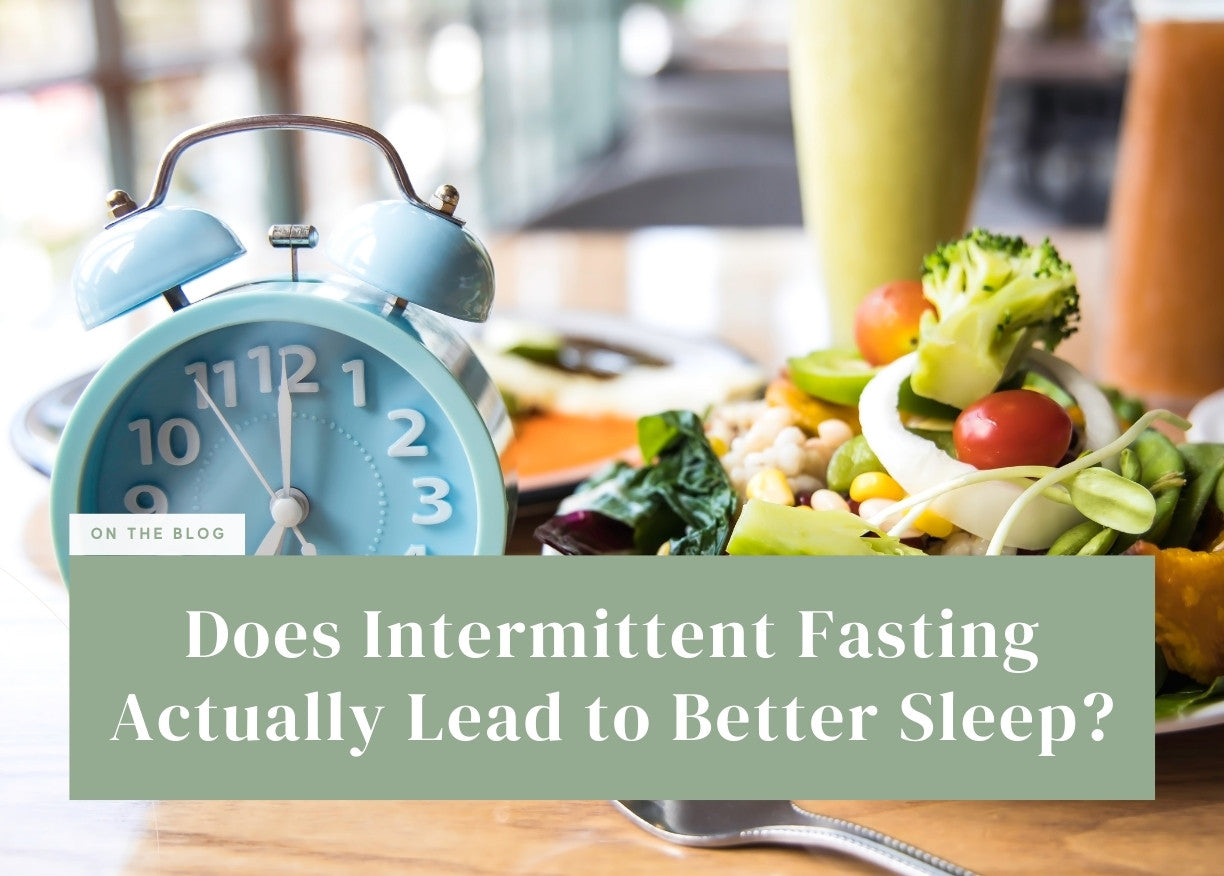Does Intermittent Fasting Actually Lead to Better Sleep?
I tried intermittent fasting for the first time two winters ago.
At first, I expected to feel grumpy, tired, maybe even lightheaded.
But strangely enough, something unexpected happened: I started sleeping better.
Deeper sleep, fewer wake-ups, and waking up more refreshed—even on fewer hours.
That got me wondering: was it a fluke, or is there real science behind fasting and better sleep?
Turns out, there’s a lot more to this than just skipping breakfast.
What Is Intermittent Fasting?

Intermittent fasting (IF) is the practice of cycling between periods of eating and fasting. Common methods include:
-
16:8 – Fast for 16 hours, eat during an 8-hour window
-
5:2 – Eat normally for 5 days, restrict calories for 2
-
OMAD – One Meal A Day
While it’s mostly known for weight loss and metabolic health, IF also has surprising effects on your sleep-wake cycle.
How Fasting Affects Sleep (and Why It Might Help)

Fasting impacts your body’s circadian rhythm—your internal clock that controls when you feel sleepy or alert.
Here’s how:
-
Better Hormone Regulation
Fasting boosts melatonin (the sleep hormone) production when timed correctly, especially if your last meal is well before bed. -
Lower Nighttime Blood Sugar Spikes
Late-night eating can disrupt blood sugar and cause restless sleep. Fasting helps keep your system calm and stable. -
Improved Digestive Rest
If your body isn’t busy digesting while you sleep, it can focus on deep sleep and repair. -
Weight Loss → Better Sleep
Losing weight (a common effect of IF) reduces the risk of sleep apnea and nighttime discomfort.
But It Doesn’t Work for Everyone

For some people, fasting can backfire—especially if:
-
You go to bed hungry and wake up restless
-
You binge during eating windows, disrupting blood sugar
-
You already have trouble falling or staying asleep
Women in particular may need gentler fasting windows to avoid hormonal disruption.
Tips to Use IF Without Hurting Your Sleep
-
Finish your last meal at least 3 hours before bed
-
Avoid high-sugar or high-carb meals late in the day
-
Don’t fast so long that you go to bed starving
-
Ease into fasting—don’t start with extreme windows
-
Listen to your body—better sleep is a goal, not a sacrifice
Bonus: A great mattress and breathable bedding can make the most of your improved sleep.
🌿 Our Honey Hybrid Organic Mattress and Bamboo Sheets help regulate temperature and reduce nighttime discomfort—whether you’re fasting or feasting.




